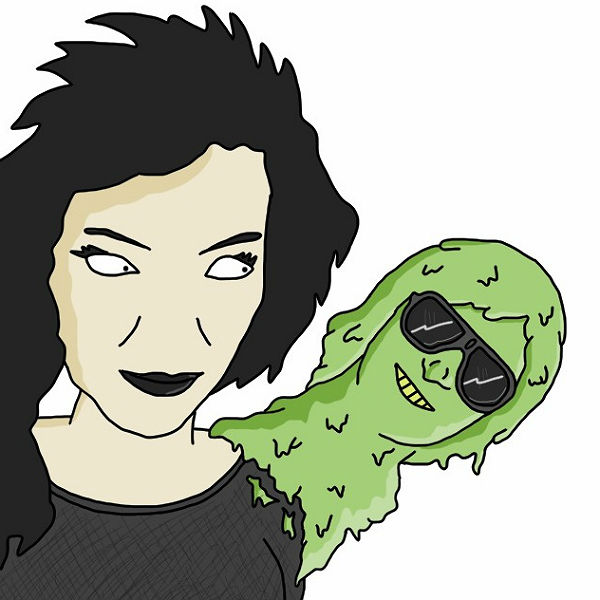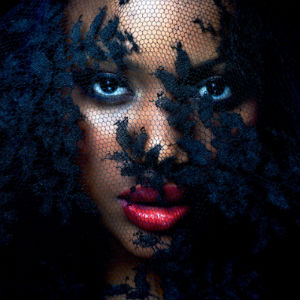
Photo:
Another week, another UK university chooses to ban raunchy chart-topper 'Blurred Lines' by Robin Thicke. As it stands, over 20 unis and colleges across the nation have joined the battle against misogyny and boycotted the track. But why? Should they really be doing it at all?
Come with us as we play Devil's Advocate and argue the case for both camps. Is the ban a victory for sexual equality or a loss for freedom of expression? Is it a mark of society sitting comfortably in the 21st Century or a move backwards towards overzealous censorship?
Here are both sides of the coin - against and for the ban on 'Blurred Lines' by Robin Thicke...
AGAINST - Let people make up their own minds
To be honest, it seems like the moral Blitzkrieg on Robin Thicke's 'Blurred Lines' at universities across the country has gotten more than a little out of hand. While the lyrical content is questionable and a little bit grotty in the way of someone unwanted person pinching your bottom in a dark room, it doesn't warrant being banned by student unions across the country.
Quite frankly, there are much worse songs that you might find blasting through the speakers at Student Unions, soliciting far more than questionable sexual politics. Songs such as 'Sexy Bitches' by David Guetta or 'Smack My Bitch Up' by the Prodigy, thrust much more lurid content on the listener simply on title alone and even this isn't enough to justify a ban.
More to the point, there are much bigger concerns out there, such as the distinctly over-sexualized antics of Rihanna and Miley Cyrus, yet because these songs are on their own terms that somehow makes it OK? Well yes so it does, however it is much more likely to encourage bad behaviour as fans idolize these artists in order to emulate them. These are adults that we are dealing with here, not the easily influenced tween audience and it seems incredibly unlikely that listening to the track will instantly turn a grown man into a misogynist or by proxy, a rapist.
The notion of banning it therefore is utterly ridiculous and ultimately has led to Thicke receiving more and more publicity for the track, pushing it even further away from the obscurity these ban junkies would wish upon it. Also, it's fair to say a fair few people who bought the single were women. Irony... - Edward Keeble
FOR - What century do we live in?
Yeah. Saying that free-thinking adults should be allowed to make up their own minds and be trusted to listen to a track without adopting all that it glorifies and becoming rapists is fair enough. But that's not the point.
The idea of a body like a student union banning a track is based purely on the fact it's entirely at odds with what that institution stands for. It's a simple matter of a university saying: "Yeah, we're not up for promoting the idea that sex is OK if women act like they want it but don't actually give consent."
A uni can't be seen to have anything to do with it - just like you won't see a policeman twerking or a primary school teacher licking a sledgehammer and writhing up a dwarf.
This isn't facism or OTT feminism - it's a fair assessment by modern, rounded people. I'm also not promoting exuberant censorship. If this was track was a new anthem for Atheism and Christians called for a ban because it offended their beliefs, then they wouldn't have a leg to stand on. But 'Blurred Lines' has nothing to do with the freedom of expression. What's Robin Thicke expressing? "I know you want to have sex with me, whether you say so or not."
Yeah, far more explicit and offensive tracks are out there. But what better way to make an example than with the most popular song of the year? Either way, there's a reason we're still talking about this bloody song months after release. It's because its message is the oiliest stream of offensive sleaze to pollute the airwaves in quite some time - taking the objectification of women to a prehistoric level. We're not cavemen. Yes, it's a free country. If you don't like it, don't listen - but those who represent a body that exists for the advancement of forward-thinking and equality have the right to leave misogyny back in the 1970s.
If the university ban is valid - maybe other institutions will follow suit? Perhaps the BBC will be brave enough to take the plunge? And what if they did? Who are they going to offend? Rapists? - Andrew Trendell















